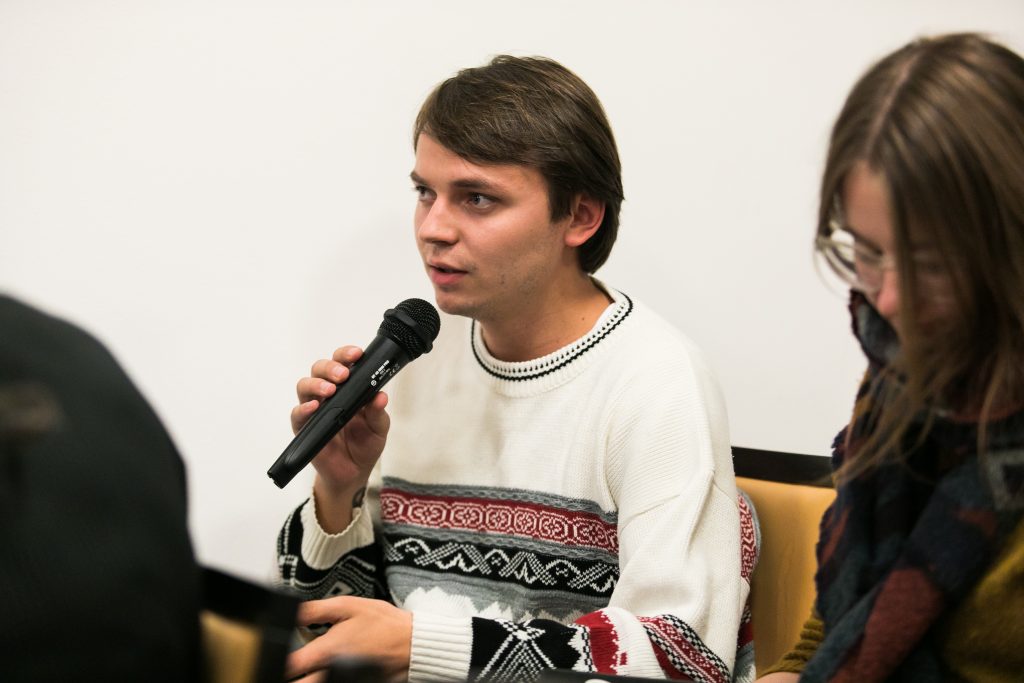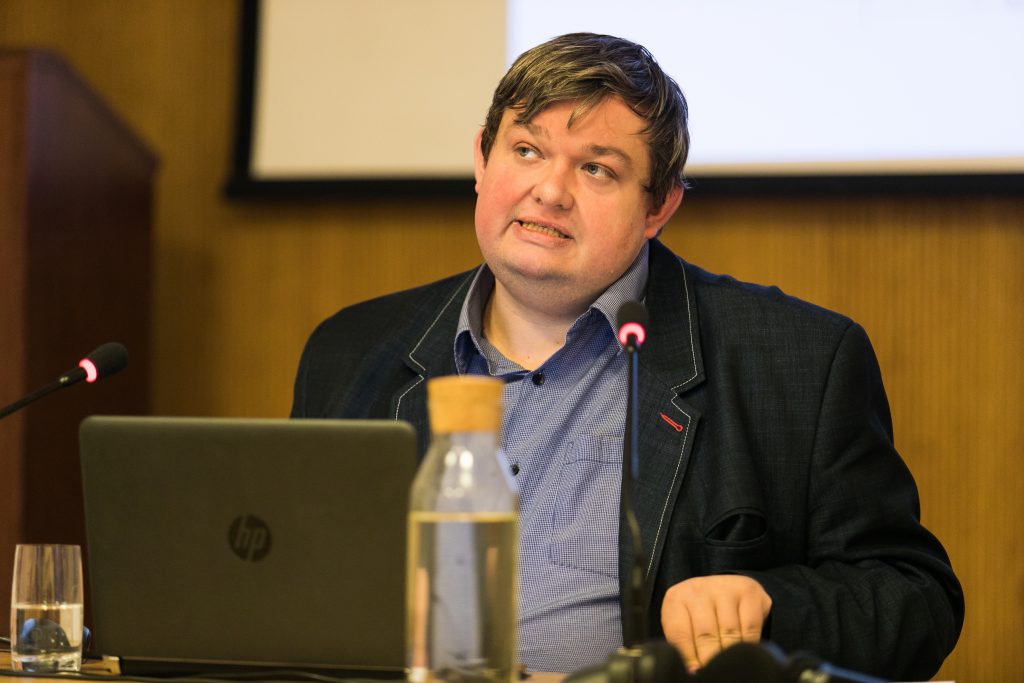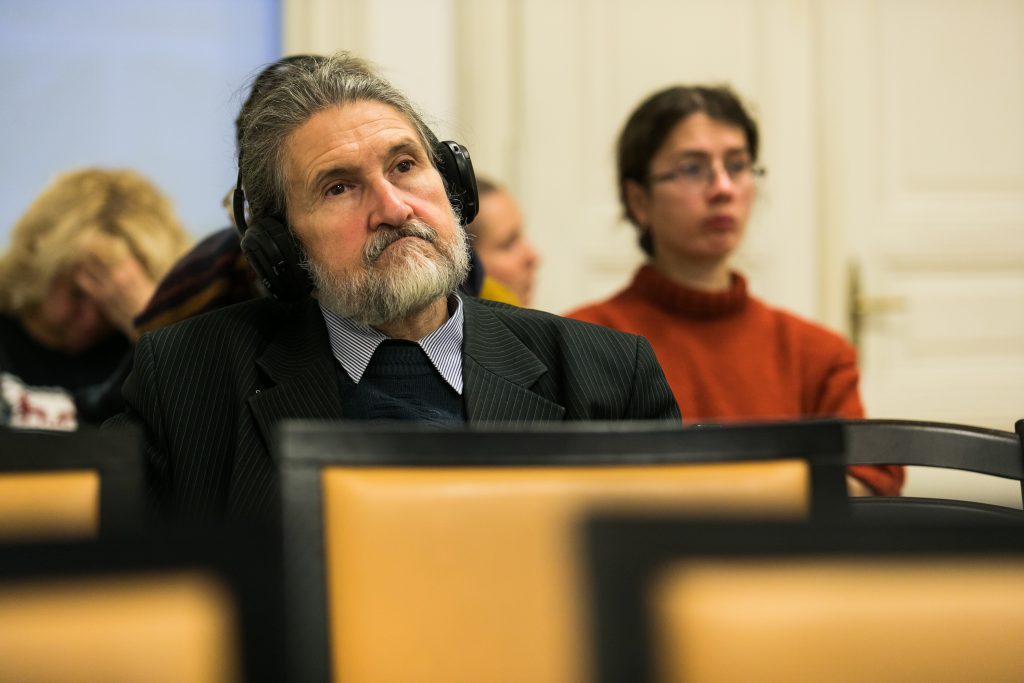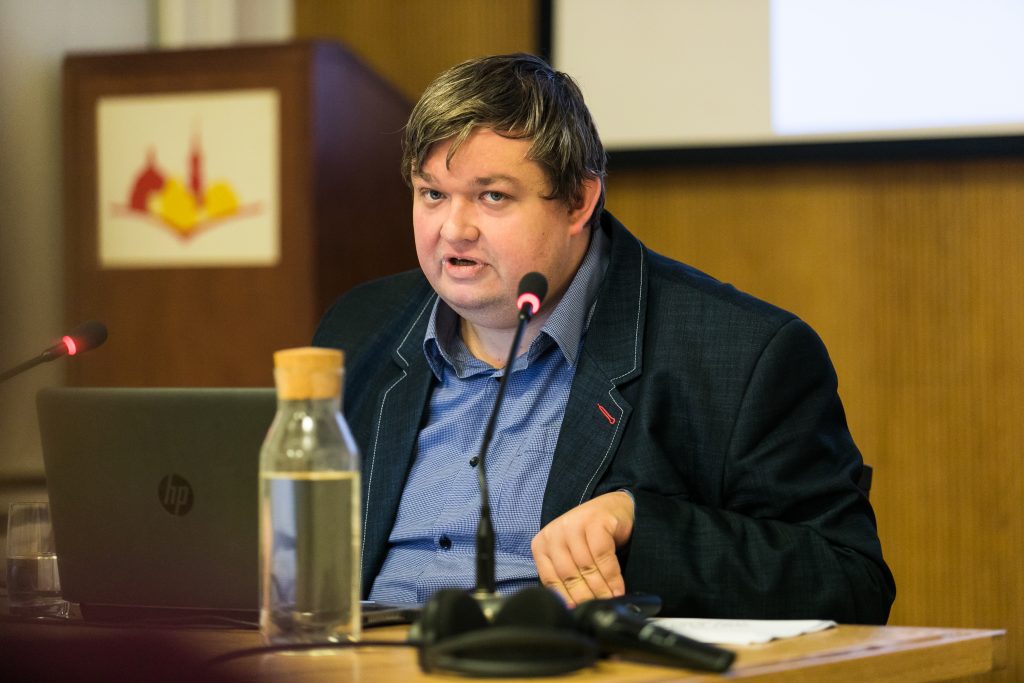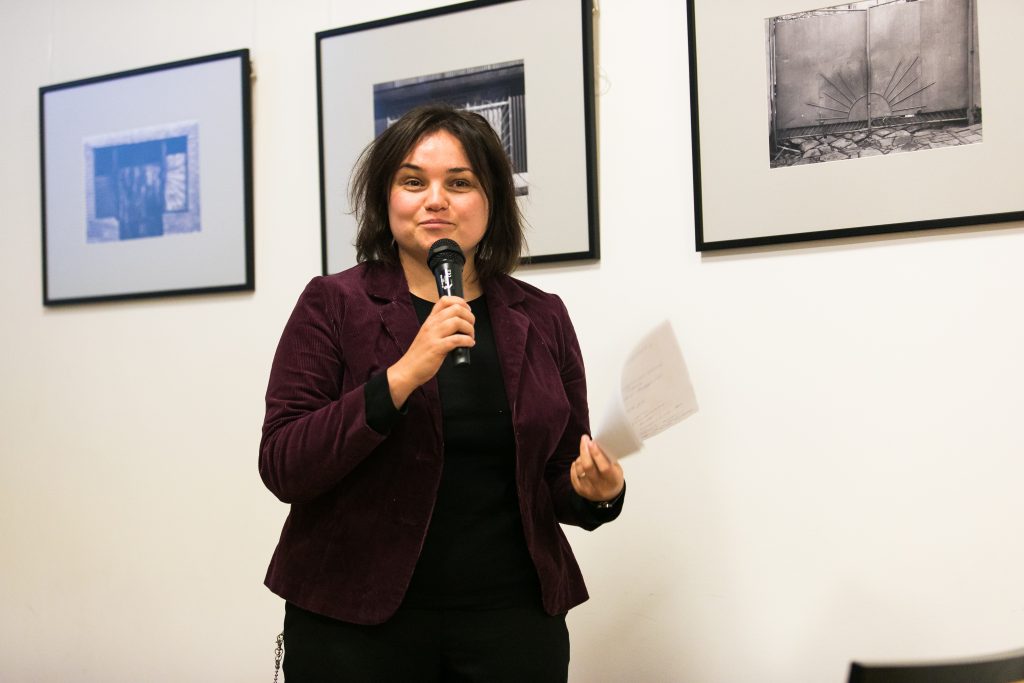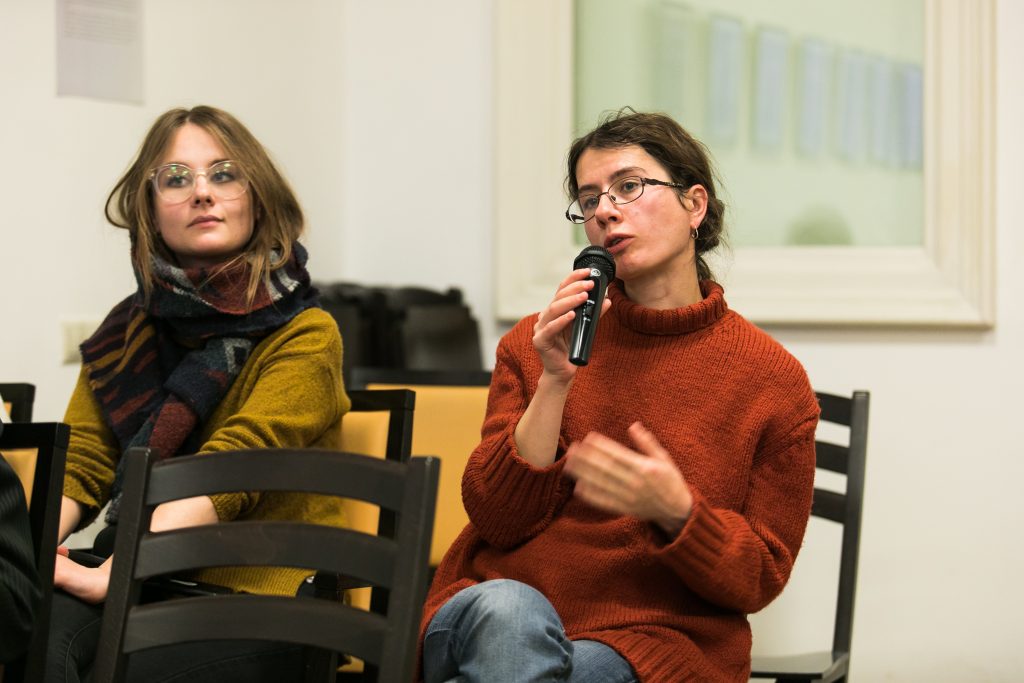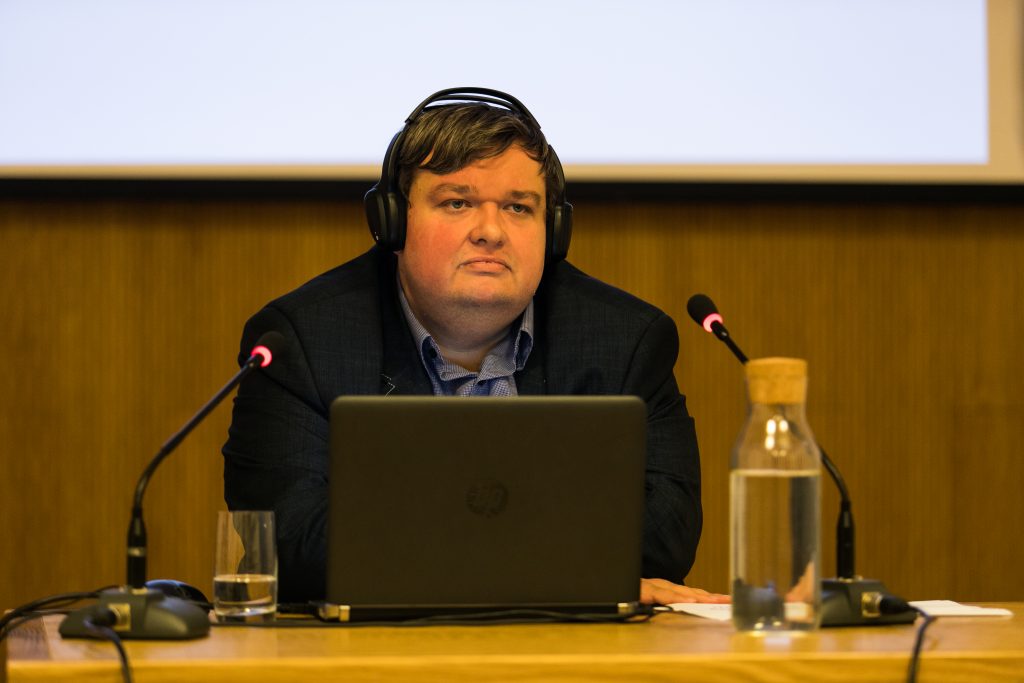Urban question in East-Central Europe circa 1900: generalities and local conditions
Kamil Śmiechowski
University of ŁódźOctober 8, 2019 / 6.30 pm
Center for Urban History, Lviv
The nineteenth century was a turning point in urbanization and industrialization of Europe. All European societies from West to East experienced many important changes connected with adaptation from rural into an urban lifestyle. Increasing level of urban population caused many new problems and challenges like housing conditions, poverty, air pollution or elementary education. All of them needed to be solved by the local administration, which became a political issue. Ambitious visions of social reform were created parallel to programs of municipal reforms. City of the future was imagined as a modern utopia with wide range self-government.
Under these circumstances, urban development in East-Central Europe was paradigmatic. Biggest cities in the Russian Empire as well as in Austria-Hungary like Warsaw, Łódź or Lviv had to cope with typical problems of rapid development. However, their situation was different due to the political situation in each of empires and position of cities in national discourses.
During the lecture, Kamil Śmiechowski will analyze the urban question in the Kingdom of Poland between 1900 and 1915 as a case study of problems, debates and visions of urban development in East-Central Europe at the turn of the twentieth century. Then, he will try to conclude with some general remarks about the region and its historical experience with urban modernity.
The lecture will be conducted in Polish with simultaneous translation into Ukrainian.

Kamil Śmiechowski
historian, PhD in history of Poland, graduated from the University of Łódź in 2013. His research interests are focused on urban theory, analyses of press discourse, processes of modernization the in 19th and 20th-century Poland, and history of Łódź. Currently, he is working on post-doc research project about the urban discourse in the Kingdom of Poland at the turn of the 20th century, supported by the National Center of Science, Poland. He is also the contributor of the project about history of concepts in Poland in the 19th and 20th centuries. Previously he was consultant of digitalization of Łódź’s workers community photography archives. He wrote four books and two papers in English, as well as several papers in Polish published in journals and edited volumes.
Credits
Сover Image: Karl Ludwig Street and the Bellevue Hotel, 1909-1911. Postcard, publisher: David Grund. From the collection of Ihor Kotlobulatov / Urban media archive
Image Gallery by Iryna Sereda

